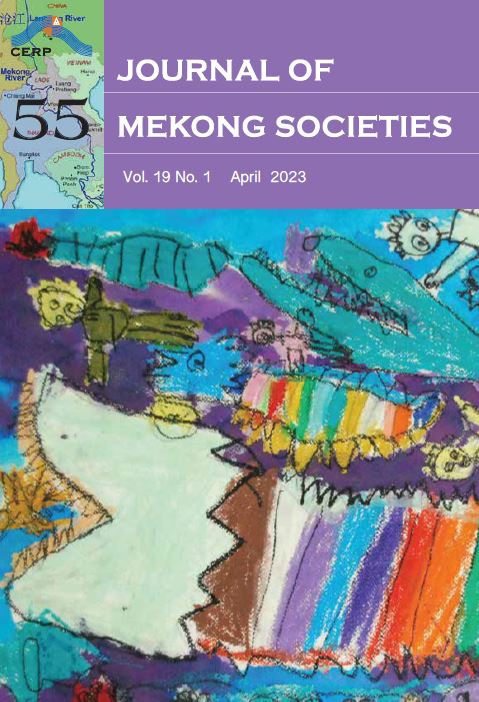Social Inequality and Mobilization in Changing Thailand
Main Article Content
Abstract
Inequality has long persisted in Thailand and its level reached a peak in 2018. Around the end of 2019, the Covid-19 pandemic began to spread around the world and reached Thailand in January 2020, intensifying inequality with critical socio-economic disruptions. Subsequently, over 2,000 protests took place from 2020 to 2022. The combination of challenges caused rapid changes in Thailand. This article offers explanations of ‘who’ was doing ‘what’ and ‘how’ in response to inequality. The article discusses situations of social inequality and people’s reactions during the period 2019-2022, by using Bourdieu’s concept of capital to tackle inequality and the demands of the various groups. The article utilized a quantitative method based on measures of frequency and regression techniques. The results demonstrate that the middle classes want democracy, and the working classes want more equality and participation. Key responses to social inequality and the government administration included both online and onsite mobilizations. Findings show that age, residency, and capital have impacts on mobilizations in which young people constitute the largest group to join both physical and virtual spaces.
Article Details

This work is licensed under a Creative Commons Attribution-NonCommercial-NoDerivatives 4.0 International License.


